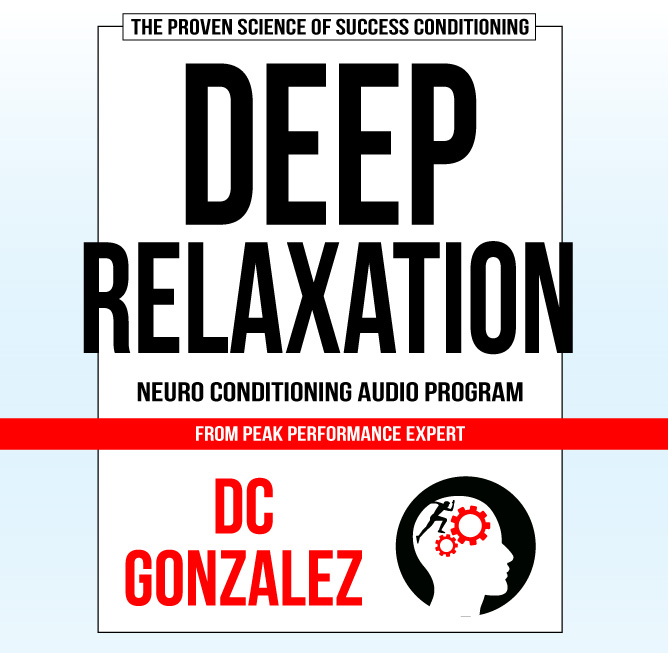If you play soccer, you’ve probably heard that practice makes perfect. Have you considered that the quality of your practice may be as essential as the quantity? Recent sports coaching and peak performance research suggest that intrinsic motivation for soccer boosts sports performance.
Intrinsic motivation is the desire to do something without extrinsic rewards or demands. Intrinsically driven people are sincerely invested in the action and enjoy the process.
Sports intrinsic motivation benefits are well-known. Research demonstrates that intrinsically motivated athletes are more likely to persevere through adversities, set and attain ambitious goals, and enjoy and satisfy their sports performance (Deci & Ryan, 2008).
How can intrinsic motivation improve your soccer game? We’ll cover soccer’s role in intrinsic motivation, how to motivate players, and how to stay motivated throughout the season. This essay will teach you how intrinsic motivation may improve your soccer game and how to cultivate it.

Understanding Intrinsic Motivation
Intrinsic motivation is the innate drive to do something for fun, challenge, or personal fulfillment. It is driven by personal interests, values, and beliefs, not rewards, praise, or fear of punishment.
Extrinsic motivation, such as prizes or punishments, can lead to a concentration on results rather than the activity itself. Extrinsic motivation can work, but it’s not always sustainable and can even impair intrinsic motivation.
Research shows that intrinsic motivation boosts athletic performance. Intrinsically motivated athletes are more likely to overcome obstacles, set lofty goals, and enjoy their sports performance. Extrinsically motivated athletes may fatigue, lose interest, or feel demotivated without external rewards or pressures.
Athletes and coaches must understand the internal and extrinsic motivation. Coaches may establish a culture of fun, passion, and purpose by creating intrinsic motivation in themselves and their players, which can boost performance and fulfillment on and off the field.
The Role of Intrinsic Motivation in Soccer
Soccer performance requires intrinsic motivation. Intrinsically driven athletes like the game, train hard and perform well. Intrinsic motivation affects soccer performance in several ways:
- Persistence: Intrinsic motivation helps athletes overcome obstacles. Intrinsically motivated athletes want to better and perfect their sport, which helps them stay dedicated during tough training or competitions.
- Goal Setting: Intrinsic motivation helps athletes attain lofty goals. Athletes who love playing are more likely to set ambitious objectives and work hard to accomplish them.
- Enjoyment: Intrinsic motivation boosts game enjoyment. Intrinsically motivated athletes are more likely to enjoy and feel fulfilled while playing, which might inspire them to practice and perform well.
- Creativity: Intrinsic motivation boosts field inventiveness. Athletes inspired by personal passion and enjoyment may be more likely to try new strategies and techniques, which can boost their creativity and innovation.
- Autonomy: Intrinsic motivation can foster game ownership. Intrinsically driven athletes feel more in control of their development and training, which can boost performance.
Coaches help players develop intrinsic motivation. Soccer coaches can encourage intrinsic drive with these methods:
- Promote autonomy: Coaches should let athletes define their own goals, choose their training, and take charge of their growth.
- Establish a positive culture: Coaches may foster a team culture that prioritizes fun, growth, and teamwork over winning.
- Concentrate on the process: Coaches can help players focus on playing the game rather than winning or losing. This can encourage players even when the game’s conclusion is uncertain.
- Give feedback and recognition: Coaches might focus on personal growth and improvement rather than results. This can keep athletes focused on their growth.
Coaches may assist their players to stay dedicated, engaged, and motivated by recognizing and promoting intrinsic motivation.
Building Intrinsic Motivation in Soccer
Intrinsic motivation is crucial for soccer performance but difficult to develop. Coaches and players can utilize numerous methods to motivate themselves and their teams intrinsically.
Goal-Setting
Soccer intrinsic motivation requires setting hard but doable goals. Athletes are more inclined to work hard to accomplish a clear and ambitious aim.
Promote Creativity and Autonomy
Creativity and autonomy can also boost soccer’s intrinsic motivation. Athletes feel more ownership and pride in their performance when they can try different ideas and techniques.
Focus on the Process
Soccer intrinsic motivation can be increased by focusing on the process rather than the result. Instead than focusing on winning or losing, athletes are more motivated to improve their talents and methods.
Build a Supportive Team Culture
Soccer intrinsic motivation requires a supportive team culture. Athletes are more willing to work together toward a goal when they feel supported and collaborative.
Use Positive Feedback and Recognition
Positive comments and appreciation can also boost soccer intrinsic motivation. Athletes feel more joy and accomplishment when they are praised for their effort and improvement rather than their results.
Love the Game
Ultimately, loving soccer is the best way to generate intrinsic motivation. Athletes who like playing are more inclined to work hard, persevere, and do well.
Coaches and players may establish a culture of passion, purpose, and dedication that improves performance on and off the field by implementing these intrinsic motivation tactics in soccer.
Conclusion
Soccer success requires internal motivation. Passionate, purposeful, and committed athletes are more likely to enjoy the game, persevere, and succeed. Coaches and players may foster a culture of intrinsic drive in soccer by understanding its function.
Coaches and players can generate intrinsic motivation to enhance performance and achieve goals by setting demanding goals, fostering creativity and autonomy, focusing on the process, creating a positive and supportive team culture, using positive feedback and recognition, and loving the game.
Start by discovering your inner motivation to improve your soccer game. You may generate intrinsic motivation to achieve on and off the field with the appropriate mentality and methods.






